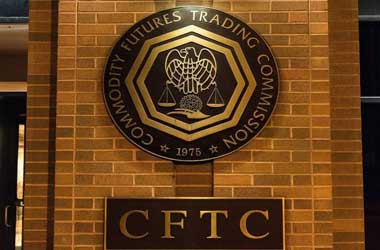
The ruling favored the agency’s 2015 finding that cryptocurrencies such as Bitcoin are commodities. The judge Jack Weinstein of the US District Court for the Eastern District of New York issued the preliminary injunction order against the defendants on March 6, 2018.
While granting the CFTC’s preliminary injunction Weinstein stated the CFTC has “properly defined” Bitcoin and other cryptocurrencies as commodities.
CFTC stated
“Judge Weinstein found that the CFTC had shown a reasonable likelihood that Defendants will continue to violate the Commodity Exchange Act (CEA). The Court’s Order prohibits the Defendants from engaging in fraud in violation the CEA, requires Defendants to preserve books and records, and requires Defendants to provide expedited discovery.”
The ruling practically empowers CFTC to monitor and regulate cryptocurrency trading. Before the ruling, there were arguments whether cryptocurrencies can be considered as commodities. If cryptocurrency is not a commodity, then CFTC will not have any right to regulate or take action against individuals or companies in case of any fraudulent activity.
